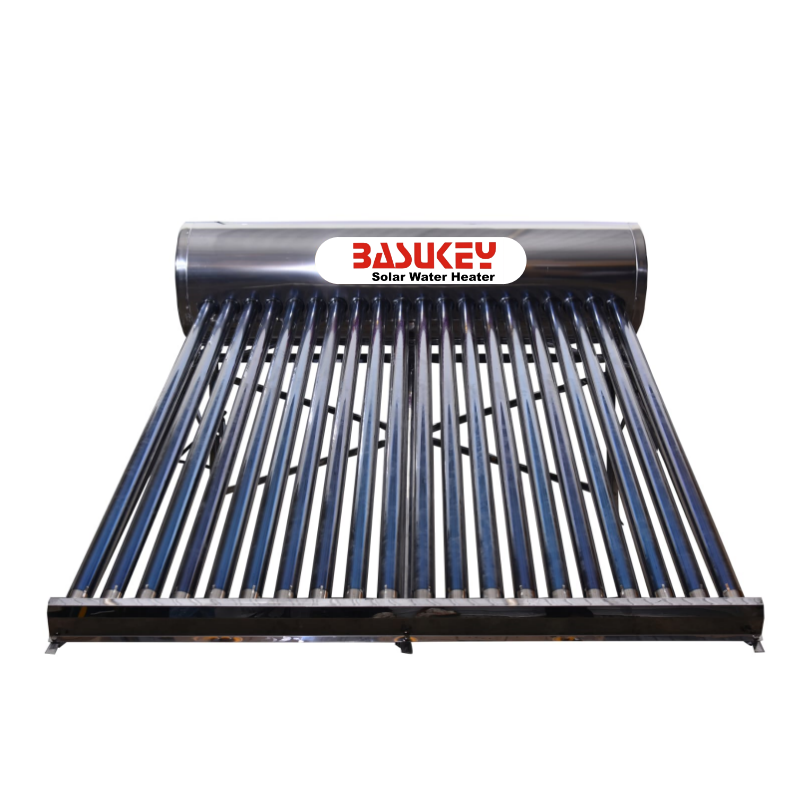Solar Inverters Explained: Powering Your Home with the Sun
As the world shifts toward renewable energy, solar power has become one of the most efficient and sustainable solutions for homes and businesses. At the heart of any solar power system is the solar inverter, a crucial component that converts solar energy into usable electricity. Understanding how solar inverters work and their benefits can help homeowners make informed decisions about adopting solar energy.
What is a Solar Inverter?
A solar inverter is an electronic device that converts the direct current (DC) electricity generated by solar panels into alternating current (AC), which is used to power household appliances and the electrical grid. Without an inverter, the electricity from solar panels would not be compatible with most home and business electrical systems.
How Do Solar Inverters Work?
- Solar Panel Generation: Solar panels capture sunlight and convert it into DC electricity.
- Conversion Process: The inverter takes the DC electricity and transforms it into AC electricity.
- Power Distribution: The converted AC power is used by home appliances or sent to the electrical grid for net metering.
Types of Solar Inverters
There are different types of solar inverters available, each suited for different energy needs:
1. String Inverters
- The most common and cost-effective type.
- Connects multiple solar panels in a series, with one inverter managing the entire system.
- Best suited for homes with consistent sunlight exposure.

2. Microinverters
- Installed on each individual solar panel, allowing independent operation.
- Improves efficiency when panels are exposed to shading or varying sunlight conditions.
- More expensive than string inverters but offers higher performance and monitoring capabilities.
3. Hybrid Inverters
- Combines the functions of a solar inverter and a battery inverter.
- Allows integration with energy storage systems for backup power.
- Ideal for homeowners looking to maximize energy independence.
4. Power Optimizers
- Works with string inverters to enhance performance at the panel level.
- Helps mitigate shading issues and improve efficiency.
- A cost-effective alternative to microinverters.
Benefits of Using a Solar Inverter
1. Maximizing Solar Energy Utilization
Solar inverters ensure that the electricity generated by your solar panels is efficiently converted and used, preventing energy wastage.
2. Cost Savings and Energy Independence
By converting solar energy into usable electricity, inverters help homeowners reduce reliance on the grid, lowering electricity bills and providing protection against rising energy costs.
3. Monitoring and Performance Optimization
Modern inverters come with smart monitoring systems that allow users to track energy production, detect faults, and optimize system performance remotely.
4. Grid Stability and Net Metering
Many solar inverters allow excess electricity to be fed back into the grid, enabling homeowners to earn credits through net metering programs.
5. Sustainable and Eco-Friendly Solution
By facilitating the use of solar power, inverters contribute to reducing carbon emissions and promoting a cleaner, greener environment.
Choosing the Right Solar Inverter for Your Home
When selecting a solar inverter, consider the following factors:
- System Size: Match the inverter capacity with your solar panel output.
- Shading Conditions: If parts of your roof experience shading, microinverters or power optimizers may be a better choice.
- Energy Storage Needs: If you plan to install batteries, a hybrid inverter may be more suitable.
- Budget: Different types of inverters vary in cost, so balancing performance and affordability is key.
Conclusion
Solar inverters play a critical role in ensuring that solar energy is efficiently converted into power for homes and businesses. With the right inverter, homeowners can maximize their solar investment, reduce energy costs, and contribute to a sustainable future. As technology advances, solar inverters are becoming smarter, more efficient, and more adaptable, making solar power an even more attractive choice for energy-conscious consumers.
